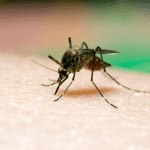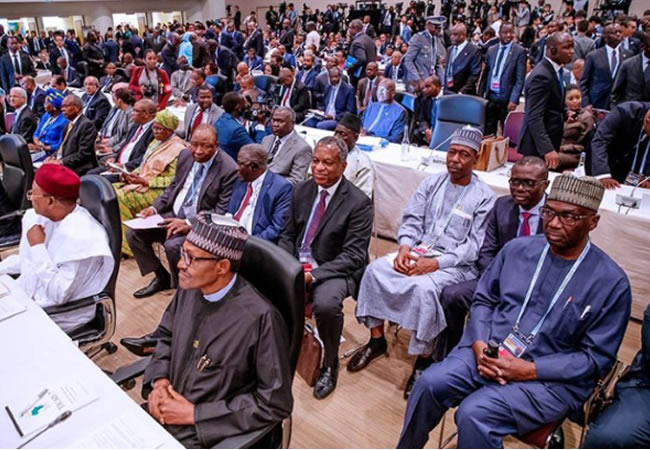 The Association of Medical Laboratory Scientists of Nigeria said it is important for government to pay attention to the worldwide issues of evolving a global health security agenda to ensure safety and security from infectious diseases.
The Association of Medical Laboratory Scientists of Nigeria said it is important for government to pay attention to the worldwide issues of evolving a global health security agenda to ensure safety and security from infectious diseases.
National Publicity Secretary made this statement ahead of the forthcoming 55th Annual Scientific Conference Workshop scheduled for the 2nd to 5th of September.
Celestina Iria reports that the Global Health Security Agenda was launched in February 2014 and is a growing partnership of over 64 nations, international organizations, and non-governmental stakeholders.
its aim is to help build the capacity of countries to create a world safe and secure from infectious disease threats and elevate global health
security as a national and global priority.
It pursues a multilateral and multi-sectoral approach to strengthen both the global capacity and nations’ capacity to prevent, detect, and respond
to human and animal infectious diseases threats whether they occur naturally or are accidentally or deliberately spread.
On July 23, 2014, the Ebola outbreak in West Africa took an extraordinarily dangerous turn. The disease spread beyond the borders of Guinea, Liberia, and Sierra Leone to Nigeria.
The arrival in Lagos of a patient acutely ill with Ebola posed an entirely new threat.
The Ebola outbreak in Nigeria ended on 20th October , 2014, with only 19 total cases reported.
Nigeria’s success in stopping Ebola was due largely to the contributions of the Nigerian Field Epidemiology Training Program , a CDC-based program
that develops expertise to detect disease outbreaks locally and prevent them from spreading globally.
The attention of president Muhammed Buhari has been drawn ahead of the International Conference on Global Health Security Agenda to the
dysfunctional medical laboratory infrastructure in the country.
There are calls for the establishment of medical laboratories with the capacity for the detention and diagnosis of incessant outbreak.














